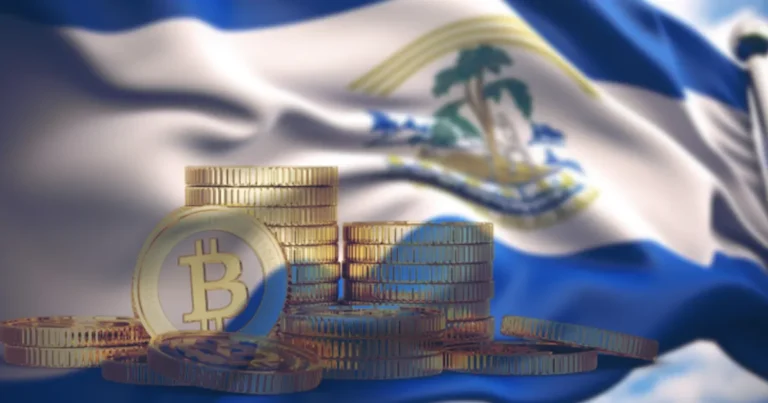26-7-2025 – El Salvador’s Bitcoin experiment has evolved into a government accumulation strategy with minimal impact on ordinary citizens, according to analysis from Bitcoin education advocates, as reported by Cointelegraph.
Quentin Ehrenmann, general manager at NGO My First Bitcoin, told Reuters that the country’s IMF loan agreement has effectively ended Bitcoin’s legal tender status and halted state-led education efforts. “Since the government entered into this contract with the IMF, Bitcoin is no longer legal tender, and there has been no significant effort to educate the public,” Ehrenmann explained. The IMF deal also prohibits El Salvador from purchasing additional Bitcoin, contradicting recent claims from the country’s Bitcoin Office about daily accumulation.
El Salvador’s legislature reduced public sector Bitcoin involvement in January to comply with the loan terms, raising questions about the sustainability of President Nayib Bukele’s crypto initiative. While the government continues building its Bitcoin reserves, the strategy appears to benefit state finances rather than driving grassroots adoption among Salvadorans.
On-ground observations reveal mixed results for everyday Bitcoin usage. Visitors can still use Bitcoin for payments through services like IBEX Pay’s Lightning Network integration, which enables near-instant transactions for small purchases. However, having to assist a hostel clerk with accepting Lightning payments, underscoring persistent education gaps that limit broader adoption.
The shift highlights a fundamental tension between El Salvador’s international financial obligations and its cryptocurrency ambitions, leaving the Bitcoin experiment in a state of institutional retreat even as technical infrastructure remains functional.


